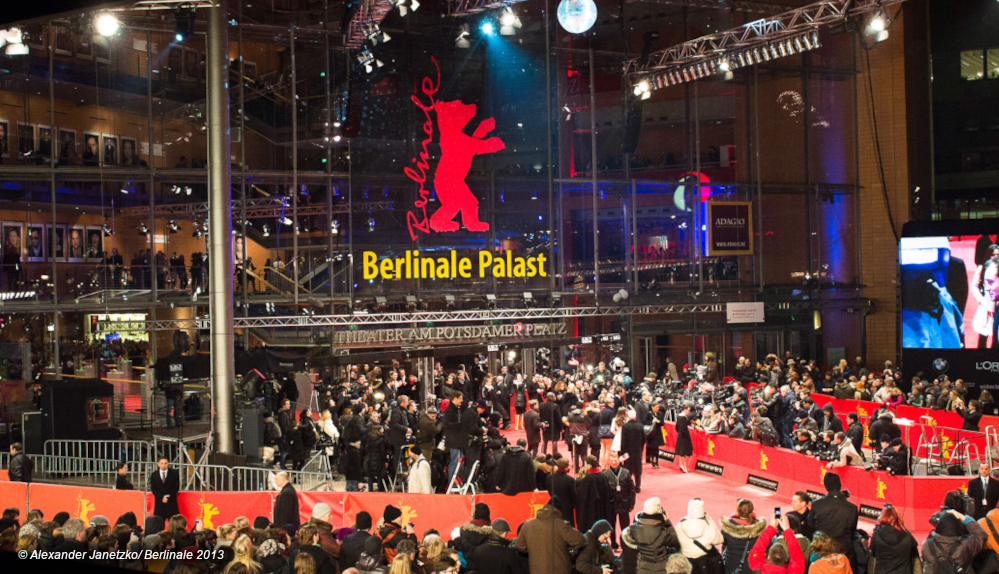#What’s next… in Science Communication? – [sic] — Wissenschaftskommunikation
„What’s next… in Science Communication? – [sic] — Wissenschaftskommunikation“
What our board regarded as particularly important, was to touch upon the political dimension of the project. There are two aspects which both address the major achievements of the project and its potential legacy, namely: Collaboration & Reflection
The cooperations established all over Europe during PLACES at local and regional level between stakeholders which had not interacted much before that, this joint approach looks almost natural today, but it wasn’t when the project started. From a project-external point of view, these cases of collaboration are nothing to be taken for granted – they are the most important and an undisputable achievement of the project.
Ideally, such cooperation should lead to joint structures, such as in the city of Lübeck, where we have a regional “science coordinator” bundling and initiating local activities. We would actually need this degree of project sustainability in every single one of the 68 PLACES of scientific culture.
Particularly considering the involvement of local industry, we are certainly only at the very start of a long-term process. Yet exactly this long-term perspective would be the best reason to argue for a continuation of some PLACES activities in one way or another, both on a meta-level and locally.
Collaboration is also the most relevant ingredient for the systemic change, which brings me to the second point of “Reflection”:
During the project it has become more obvious to us that most players in Science Communication are in the midst of redefining their roles fundamentally. Here, the exchange in PLACES, has worked as a mirror, in which the stakeholders could reflect their self-perception, their societal function, their responsibilities and their future perspectives – because several of these stakeholders are literally struggling to survive:
Media institutions, but also science centres, and other presumed intermediaries between science and its publics are not coping very well with the structural changes, and some have even lost the fight already – science centres closed in Britain, magazines gone bust in Spain, Italy, Portugal, and – oh yes – in invincible Germany. Losing these intermediaries inevitably strengthens the institutionalised PR and marketing efforts of academia itself. Some larger institutions have stopped holding press conferences and are excelling in corporate communication, fundraising, public affairs etc. instead – with communication departments of up to 70 employees.
This increasing imbalance worries us stakeholders, because it often denies the need for social inclusion: Science Communication remains elitist, when a decreasing proportion of Europeans of now less than 10 % actually visits a science centre, festival or event. Is this the moment to lean back? PLACES has made evident, that collaboration of major actors on the local level, the links established between scientific institutions and local communities, are an important means to counteract a form of communication that mainly legitimises and confirms privileges and reinforces social exclusion, regardless of its good intentions.
Hence, the PLACES project has addressed directly what I dare to call a historic turning point in Science Communication, because we have offered a space for reflection. Redefining our very objectives is exactly what also drives policy-makers and funding bodies at the European level.
Some of you may already have had a chance to take a look at what may well be the most influential publication about Science in Society issues of the recent years: “Time for a New Deal” is its title, edited by the office of President Barroso’s Chief Science Adviser, Anne Glover.
Wenn Sie an Foren interessiert sind, können Sie Forum.BuradaBiliyorum.Com besuchen.
Wenn Sie weitere Nachrichten lesen möchten, können Sie unsere Wissenschaft kategorie besuchen.




